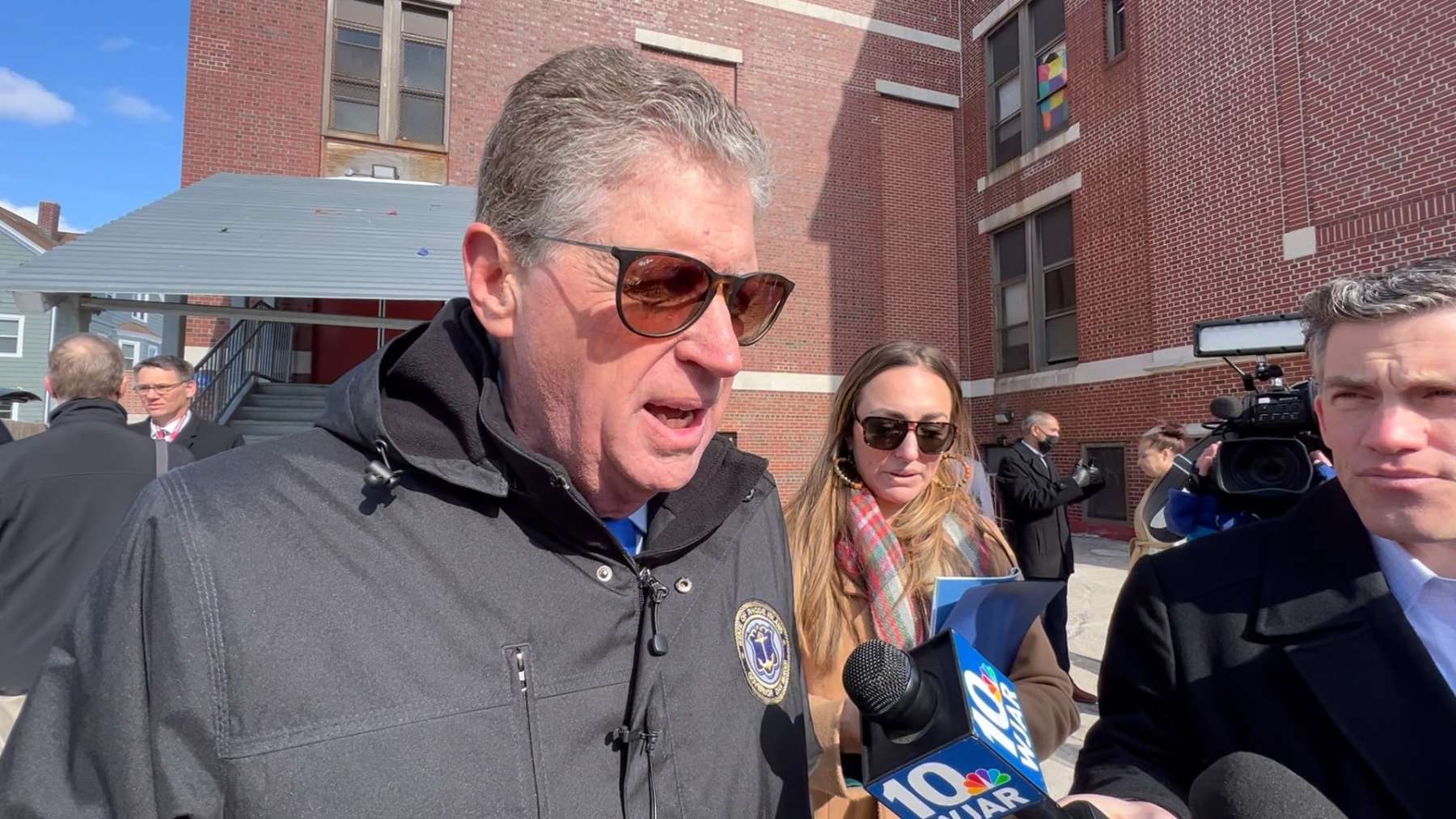Governor McKee is preventing the release of paroled men convicted as juveniles because “it’s an election year”
It is within Governor Daniel McKee’s power to instruct the DOC to interpret the law in line with legislative intent. The reason he has chosen not to, according to several sources who have chosen to remain anonymous, is that it’s an election year and the Governor does not want to look soft on crime.
March 18, 2022, 10:34 am
By Steve Ahlquist
Under the recently passed Juvenile Offender Parole Act, also known as Mario’s Law, “any person sentenced for any offense prior to his or her twenty-second birthday” is eligible for parole after serving twenty years.”
The law passed after years of advocacy at the State House, in recognition of the fact that, as the United States Supreme Court noted when it outlawed life sentences without parole for juveniles, “even when they commit terrible crimes,” juveniles lack the culpability of adults due to their immaturity and underdeveloped sense of responsibility.
The intent of the law, said the bills’s House sponsor Representative Julie Casimiro (Democrat, District 31, North Kingstown, Exeter) was to allow incarcerated people currently serving life sentences for crimes committed as juveniles the opportunity for parole after 20 years. The law affects eight men in total.
The legislative intent of the new law was made clear during a May 4 House Judiciary hearing. Representative Carol Hagan McEntee (Democrat, District 33, South Kingstown, Narragansett) commented that “the Parole Board is pretty astute on the people that come before them [and] they make the final decision.”
However, rather than follow the legislative intent of the bill, the Rhode Island Department of Corrections (DOC) has decided that two men recently paroled under the new law will not be released. The DOC interprets the law to say that those eligible under this law must first serve at least 20 years of their life sentence and then get “paroled” to serve additional time for their consecutive sentence before they can be considered for release to the community.
The Rhode Island ACLU has filed petitions on behalf of Pablo Ortega and Joao Neves, and the issue will be heard in Superior Court in a few weeks.
“When the Legislature enacted ‘Mario’s law’ last year they did so after acknowledging that scientific literature shows that our brains do not fully develop until the age of 25,” said attorney Sonja Deyoe. “The law unambiguously states after 20 years in prison a young offender will be eligible for a parole permit if they are not eligible earlier. The DOC’s baseless interpretation of the law allows it to continue to punish an inmate who has already served his time.”
Mario Monteiro, for who the bill was unofficially named, was unanimously granted parole by the board in November 2021 with an effective parole date of December 2022. But the DOC will not release him in December.
The Parole Board claims to be powerless. DOC will not comment on the cases because of the pending litigation. When Uprise RI asked the Governor’s office for comment, they at first claimed it was up to the DOC. Others in the administration pointed fingers at the Attorney General’s office and even to the Speaker of the House.
“But doesn’t the DOC answer to the Governor? Isn’t he in charge?” asked UpriseRI.
“…we are not going to comment considering the litigation is pending,” said Governor McKee’s Press Secretary Alana O’Hare.
It is within Governor Daniel McKee’s power to instruct the DOC to interpret the law in line with legislative intent. The reason he has chosen not to, according to several sources who have chosen to remain anonymous, is that it’s an election year and the Governor does not want to look soft on crime.
Uprise RI asked the administration how it looks for the Governor to continue to imprison rehabilitated men – granted parole for their crimes – for personal political gain.
In response, the Governor’s office continues to hide behind their “pending litigation” shield.
Uprise RI has put in an Access to Public Records Request for any communications between Governor McKee’s Deputy Chief of Staff Kimberly Ahern and advocates, legislators and other public officials regarding juvenile parole and Mario’s Law.
This story will be updated if new information comes to light.







